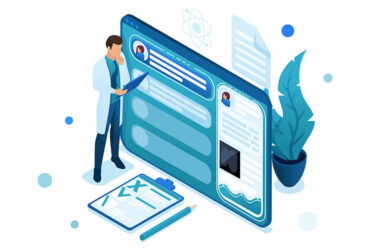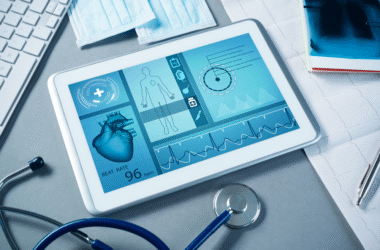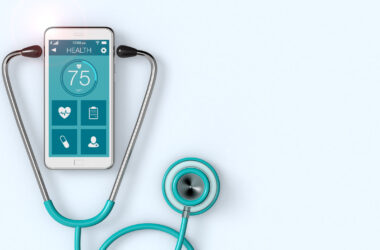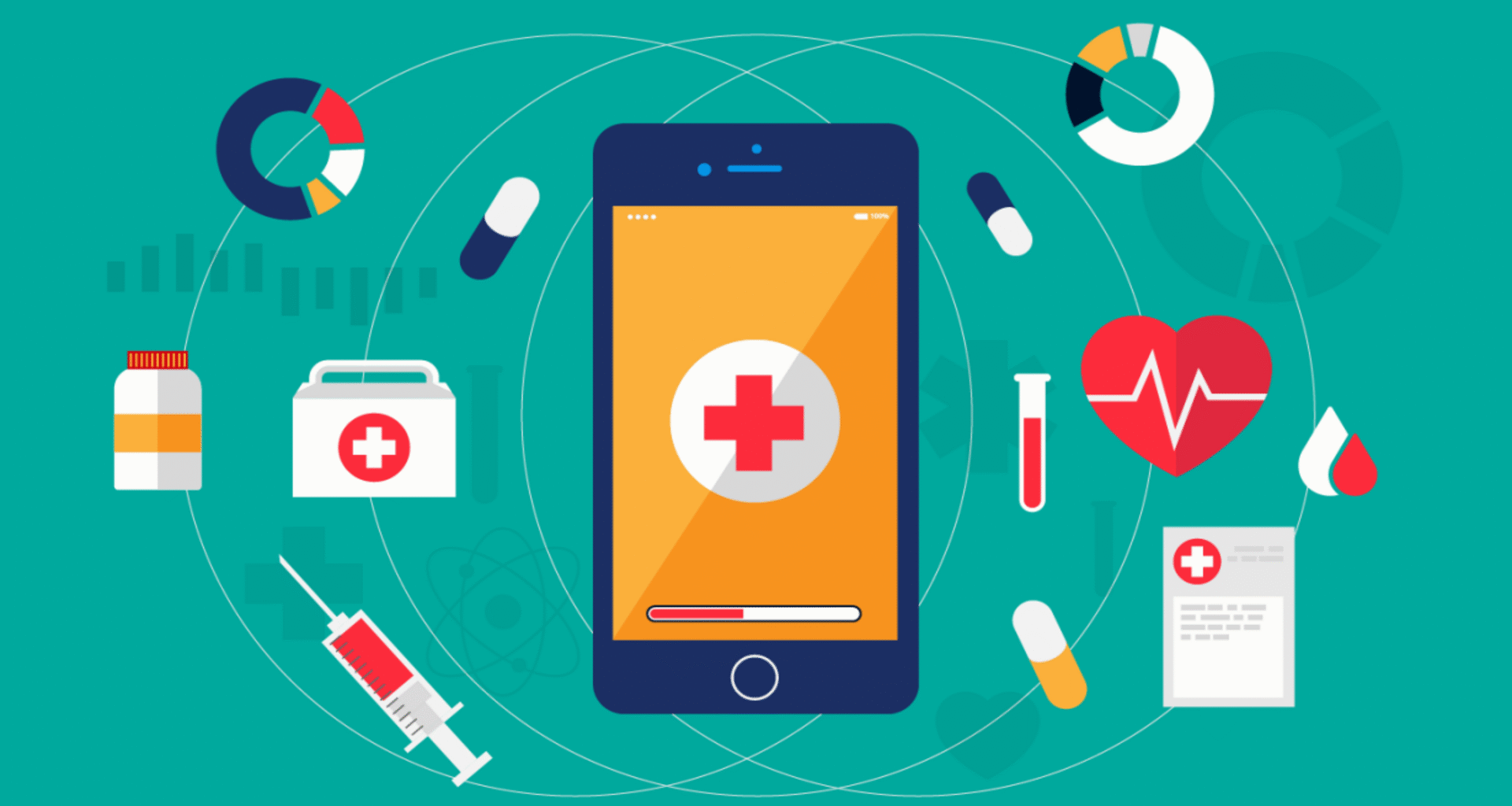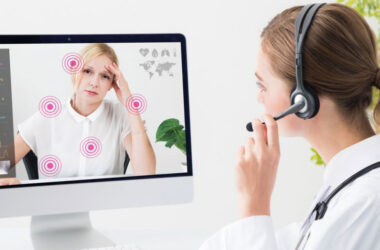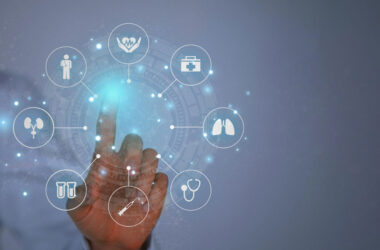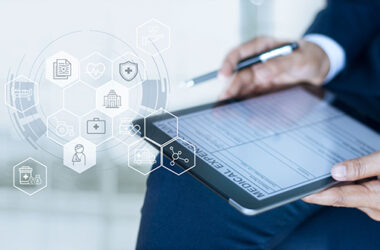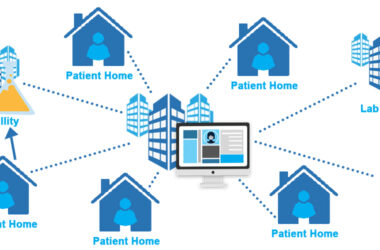To a lot of individuals, being able to take their medication at the correct time is not as easy as the idea may sound. Some forget. Others are impeded by the side effects. Other people are unable to afford it. However, today, due to the mobile health apps, a large number of people are managing to keep up with their medications.
Why Taking Medicine Matters So Much
Taking of medicines the wrong way will create problems when people do not do it the right way. It may get their health in a worse state, make them visit hospitals more often and get more expensive. World Health Organization estimates state that half the number of terminally ill patients fails to adhere to drug prescriptions. Half of the people who need help do not get it even with a means of help in their hands.
The health professionals will frequently remark that the medication shall not be effective unless there is adherence to the care. In diseases such as diabetes, heart conditions and asthma, a missed dose may complicate the situation in a very short time. It is due to this that reminders and follow-up systems are of importance.
What are mobile health apps?
The mobile health apps are applications on the phone that assist individuals to handle their health. Some follow phases. Others assist in diet. Medicine reminders has now become the attention of many. These apps provide reminders, display the correct quantity to be consumed, keep a record of missed medicines, and even get a user in touch with the doctors or family.
In 2023, Statista noted that there existed over 350,000 health related apps on app stores. Most of them were constructed to accommodate the daily use of medicine.
How Do These Apps Help with Taking Medicine?
Reminders That Are Hard to Miss
One of the main reasons people forget to take medicine is simply forgetting. Health apps solve this by sending pop-up messages or alarm sounds at the right time. Many let you set daily or weekly times and will keep reminding you until you check the box that you took it.
Apps like Medisafe have been downloaded over 10 million times, showing how common this need is. Users say the reminders feel more personal than alarms because they show the medicine name and amount.
Tracking What You Take

Some apps keep a record of every dose you take. They can show graphs that help people understand how often they miss pills. This is useful for doctors too. If someone says their medicine is not working, a doctor can check the app to see how many doses were skipped.
This builds a habit. People start to care more when they see how many days in a row they followed their plan. It gives a small sense of progress.
Alerts for Refill and New Prescriptions
Running out of medicine is common. Some apps send a refill alert a few days before the pills run out. Others let you order straight from the app. This removes the guesswork and saves time.
Helping Older Adults or Forgetful Users
Older adults often take more than one medicine each day. That can get confusing. Some apps use color codes, pill images, or voice alerts to help them remember. They can even alert family members if a dose is missed.
Can Apps Replace Human Help?
No. These apps are helpful tools, but they do not replace doctors or nurses. They support the plan given by a medical team. If someone has side effects, pain, or new symptoms, they still need to talk to a real person. But the app can make that step easier by keeping records and making communication faster.
Are There Any Risks?
Yes, there are some things to watch for. People might rely only on the app and ignore how they feel. Also, not all apps are accurate or safe. Some are not made by health experts. It’s important to choose apps that are approved by doctors or health groups.
There’s also a worry about privacy. These apps hold private health data, so they must have good safety features. Look for apps that follow health data rules like HIPAA in the US.
What Makes a Good Health App?
Not every app works for everyone. A good app should:
- Be easy to use
- Send reminders on time
- Let you add many medicines
- Keep your data private
- Allow updates if your plan changes
Some extra features like chat with doctors or barcode scanning are useful but not always needed. The most important part is that it helps you take your pills without stress.
What’s Next?
As phones get smarter, these apps will get smarter too. Some apps already use your voice or connect with smart watches. Others work with smart pill bottles that send a signal when opened. In the future, apps might even adjust your dose based on test results.
But even now, they are helping many people stay on track. A study from JMIR (Journal of Medical Internet Research) found that users of health apps had 20% better medicine adherence compared to those who didn’t use any app.
Final Thoughts
Medicine only works when it’s taken the right way. Mobile health apps are making that easier. They don’t fix every problem, but they reduce forgetfulness, help track progress, and support better habits. For someone who needs daily medicine, these small tools can make a big difference.

